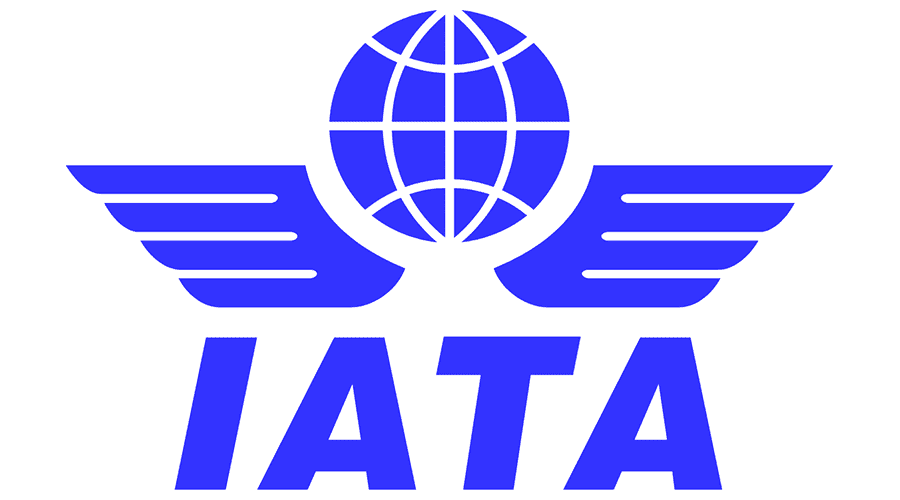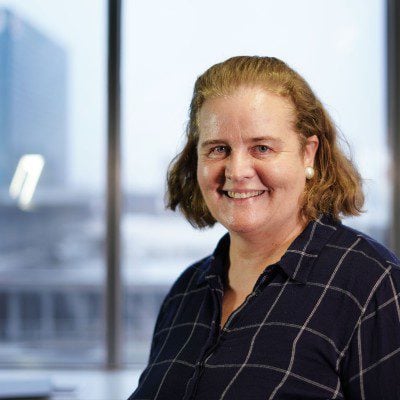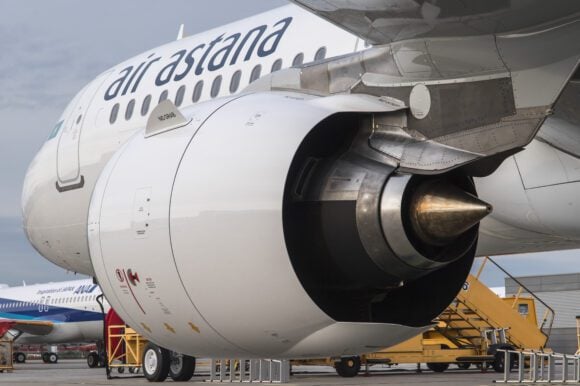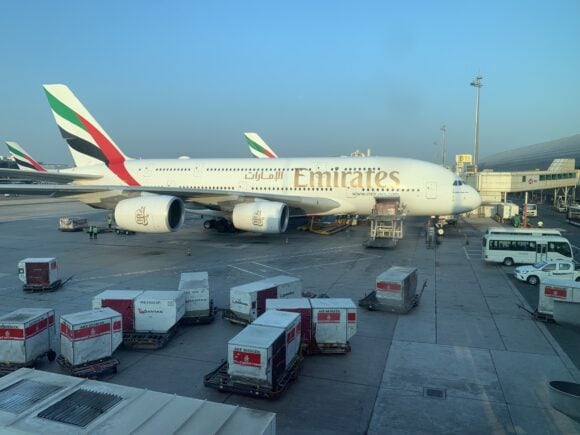
iata logo 1
It is not yet time to call the ideal of open skies in Africa a mere pipe dream; what is needed is education and creating more awareness about its benefits, according to Kamil AlAwadhi, Regional Vice President for Africa and the Middle East of the International Air Transport Association (IATA). The airline association’s 81st Annual General Meeting and Summit took place in Delhi, India, from June 1 to 3.
“I don’t think [the African open skies issue] was handled correctly. IATA did a full study. The bilaterals are not bad, but the biggest issue is to get governments not to protect their own airlines and getting them to implement the agreements. What is needed is just more awareness,” said AlAwadhi. “The 54 African states just need to be in a room long enough to get to an agreement.”
Prof. John Lamola, Group CEO of South African Airways (SAA), echoed this view in an interview with IATA’s Airlines magazine, stating that the slow implementation by African states of the Single African Air Transport Market (SAATM) and the African Continental Free Trade Area (AfCFTA) limits market liberalization.
During a media roundtable at the end of the summit, IATA’s director general, Willie Walsh, told AirInsight that everyone acknowledges the importance of open skies. Yet, he foresees that if it does not materialize, Africa’s share of the global aviation, which has basically remained at about 2% for the last ten years, will likely still be at 2% in another 10 years’ time.
“The structure of the industry [in Africa] is so expensive due to it being such a fragmented market. And the growth this market will see on the continent this year, will represent a mere fraction of what it could be if airlines could operate more freely and in a more cost effective manner,” said Walsh.
He pointed out that among the main challenges on the continent as a whole, the cost of operation for airlines (such as airport charges) is, on average, higher than in the rest of the world.
“It will take governments to work together [to tap] what I believe is an impressive opportunity for Africa that is not translating into reality due to governments still seeing airlines as a source of revenue – thus adding even more to the burden airlines carry in Africa,” said Walsh.
He went as far as to say one can refer to SAATM as a failure.
“It is a failure in terms of agreements having been reached but not implemented. So there is no reason to celebrate,” said Walsh.
Yet, he still thinks it is the solution and suggests that what is needed is to assure role players that they need not be afraid of SAATM.
“In other markets [open skies] have led to fantastic growth. So, it is a shame to have an agreement that, if implemented would create enormous value [and then not to implement it],” said Walsh. “We can just continue to ask [signatories] why they have not implemented SAATM yet and IATA has a responsibility to continue to highlight the benefits if SAATM is implemented.
Asked how implementing SAATM could impact state-owned airlines, Walsh said these airlines will naturally face new competition and would have to put the proper measures in place to deal with it.
“One can argue that it takes a leap of faith, but here are plenty of examples in the world where airlines succeeded in an open skies environment and reap the benefits. It just meant they had to behave differently and tap the huge opportunities open skies bring,” said Walsh. “In my view, Africa should represent at least 10% of the global aviation market. It should have a much bigger footprint in global aviation. But it won’t get there unless it fundamentally transforms the way aviation operates on the continent.”
Views: 170
About The Author
Take AirInsight for a Test Flight
7 days full access — premium analysis and the complete data model library — for $1. No commitment.
Start My Test Flight →



